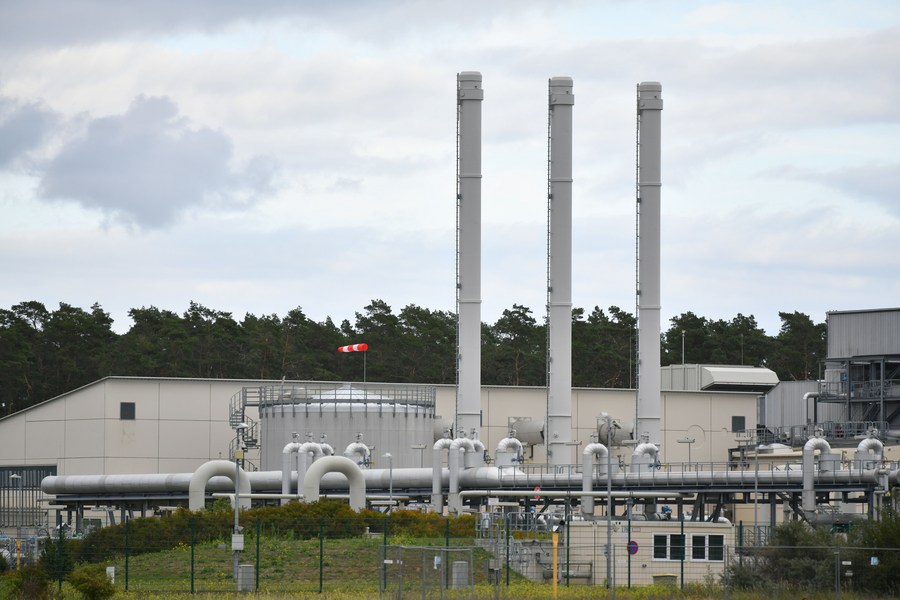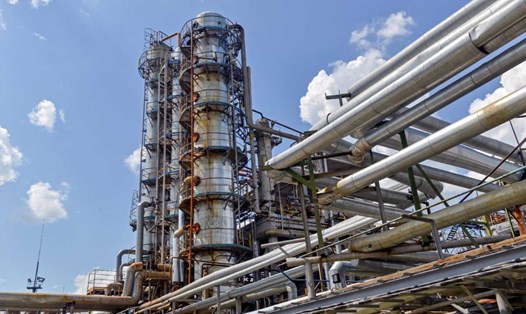The Federal Grid Agency - Germany's energy regulator - has asked households and businesses to save gas to avoid shortages, Die Welt newspaper reported on January 1.
Germany consumed significantly more gas during this year's heating season than last year, according to the agency's analysis.
Total gas consumption in Germany increased by 5.8% from October to December 2024 compared to the same period last year, to 246 terawatt-hours (TWh).
Industries recorded a 9.1% increase in consumption compared to 2023, while the increase in households and businesses was more modest at 1.9%.
The Federal Grid Agency attributed the sharp increase in gas consumption to colder weather. The head of the energy regulator, Klaus Muller, stressed that in view of this trend, consumers should use gas more sparingly to avoid shortages, otherwise prices will rise.
“It’s definitely still worth saving gas to ease the burden on your wallet,” said Mr Muller. However, Mr Muller said Germany’s gas supply was not yet threatened, as storage facilities were still 80% full.
"This means we are well prepared for the next three months," he said, adding that Germany had "got through the first half of winter well so far".
When it comes to heating, gas remains the most important energy source in Germany, with around half of all apartments and single-family homes nationwide heated by gas, Die Welt reports.
Germany relied on Russia for more than half of its gas needs before the Ukraine conflict escalated in 2022. Russian gas deliveries were significantly reduced or stopped altogether after the EU imposed sanctions on Russia, and the Nord Stream pipeline that supplies Russian gas directly to Germany was destroyed by explosions at the bottom of the Baltic Sea in September 2022.

Long considered the EU's industrial powerhouse, Germany is among the countries hardest hit by reduced Russian energy supplies, sending the German economy plunging into recession by 2023.
In October last year, the German government revised down its 2024 GDP forecast by 0.2%. The loss of cheap Russian gas and dependence on much more expensive liquefied natural gas (LNG) from the United States have also pushed energy prices in Germany beyond the reach of many industrial companies, triggering a wave of closures and bankruptcies.
Former German Chancellor Angela Merkel recently criticized her successors for abandoning Russian gas. In an interview with France 2 television broadcast in early December, Merkel said buying gas from Russia was “a win-win situation” for both countries, as Berlin could get the much-needed commodity “at a discount,” while “prices skyrocketed” after Germany abandoned Russian supplies.












